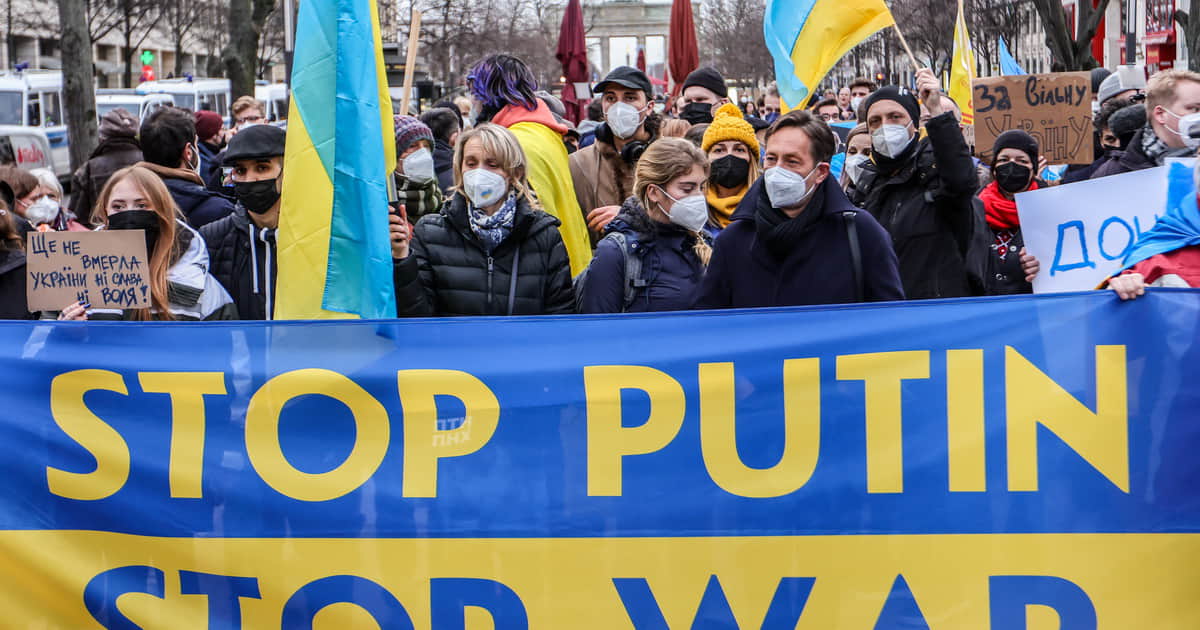What risks do “peace negotiations” with Russia pose for Ukraine and NATO?

The First Peace Summit for Ukraine is set to be held in Switzerland in a few weeks. World leaders are to discuss the conditions for ending the Russian war. Its preparation is one of the priorities of official Kyiv.
However, while this process is ongoing, certain Western countries, sometimes without even making it a goal and not wishing for it, by limiting assistance to Ukraine, are pushing it towards "negotiations" and effectively towards concessions to Russia. Additionally, voices of foreign leaders advocating for Russia's involvement in negotiations have become louder. Read more in the article by Serhii Solodko, New Europe Center - Negotiations or capitulation?
What are the hidden agendas and how should the "peaceful" ideas regarding Ukraine change? Following Ukraine's unsuccessful counteroffensive in 2023, Western approaches to military aid for Ukraine required radical change. The limited and measured assistance to the Armed Forces of Ukraine had failed.
It seemed that the only correct option was obvious: to transform "drip" support into an "avalanche," where Ukraine would receive more and more weapons weekly, demonstrating the futility of prolonged war to Russia. Advertisement: Instead, the opposite happened: instead of massive arms supplies, key Western countries put this process on a long halt.
And although there are no real grounds to consider this pause deliberate, it doesn't change the consequences. Instead of the promised support "as long as it takes," Ukraine was weakened. Given this, calls for negotiations with China, Turkiye, Switzerland, Slovakia, etc., grew louder.
The camp of countries supporting Ukraine's covert capitulation increased, presenting it as a "freezing" of the conflict. The Kremlin, declaring readiness for negotiations, practically does everything to sabotage them. Putin has created a "Russian reality" that he demands to be accepted, and Western resistance to this is either too humble or unstable.
The time for a turning point has indeed come. Instead of pushing Ukraine towards negotiations, ambitious, swift and large-scale support is needed. And it must finally be understood that negotiations in the near future would only lead to undesirable consequences.
The most important to realise is that negotiations will not stop the war. They will only lead to destabilisation in Ukraine with narratives of "secret negotiations" spread by Russia in the Ukrainian information space. Moreover, there is a risk of further slowing down arms supplies to Ukraine, up to their suspension.
Furthermore, such "peaceful" negotiations may encourage other aggressors to take action. On top of that, the risk of direct war with NATO will increase. Moscow's claims are not only about Ukraine but also about the entire Euro-Atlantic space.
Russia openly talks about cutting off NATO territory and imposing additional conditions on the Alliance. The West's decision should not be about how to compel weakened Ukraine to sit at the negotiating table but how urgently to strengthen it. The decision to form a coalition of resolute states that seek to expand assistance to Ukraine has long been overdue.
New Europe Center has developed a vision of a list of eight initiatives from international partners that can contribute to compelling Russia into genuine, not imitational, negotiations.
If you notice an error, select the required text and press Ctrl + Enter to report it to the editors.